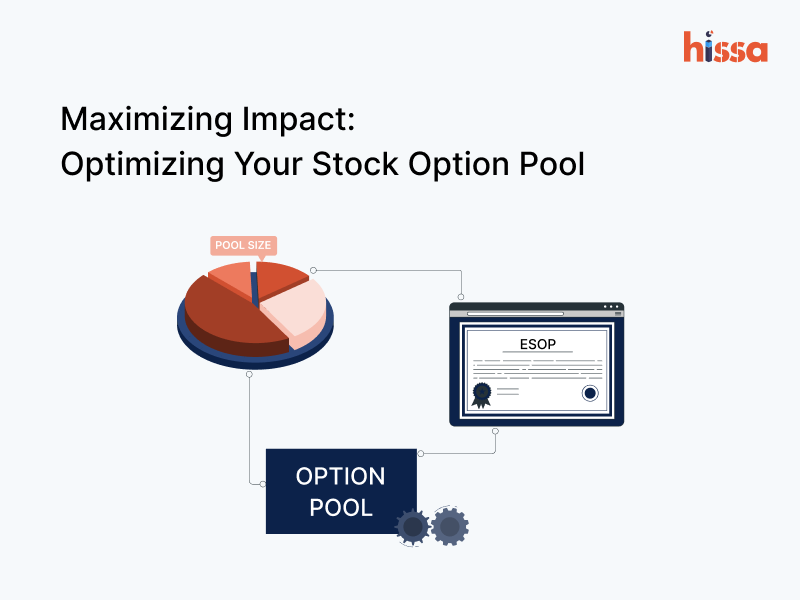Foreign investors can invest in Indian companies subject to the provisions of the FDI policy. Unlike domestic investments, money coming from abroad is subject to a number of conditions under FEMA, as well as SEBI and RBI regulations, which companies must satisfy.
This article deals with the kind of securities that Indian companies issue to foreign investors, procedures and connected compliances.
What is FDI?
FDI or Foreign Direct Investment is investment of funds in an Indian company by a foreign investor in exchange for its securities. The securities issued could be equity shares or linked to equity, providing the investors a percentage of ownership in the company. Hence, these transactions are monitored more strictly from the get-go by regulatory authorities such as RBI and SEBI under FEMA.
How can foreign investors invest in Indian companies?
Under Indian law, FDI can come in through the automatic route or approval route. The nature of the company’s business decides the route.
- Automatic Route – An Indian company doing business in sectors such as agriculture and animal husbandry, automobiles, e-commerce, construction, and healthcare can receive foreign investment without any prior approval of the Indian government. The current policy allows companies in most sectors to receive FDI under the automatic route.
- Approval Route – An Indian company doing business in sectors such as banking, broadcasting, mining, and print media on can receive foreign investment only after taking prior approval or permission for the transaction from the Indian government. This is necessary only in a few sectors, and the government also prescribes a limit on foreign ownership.
Irrespective of the route, the company receiving the investment should furnish the details of the foreign investment to the RBI or the central government through a designated bank (called authorised dealer).
What kind of securities can be issued to foreign investors?
Equity shares
Equity shares are units of share capital that provide its holders ownership and voting rights. Companies can issue fully or partly paid equity shares in exchange for foreign investments. However, the following conditions must be met:
- Partly paid shares must be fully paid within a period of 12 months,
- 25% of the total consideration must be paid upfront.
The holders of equity shares are entitled to receive dividends. The dividend payable on such shares are repatriable, i.e., dividends can be paid outside India.
Debentures
Debentures are issued to acknowledge a debt received by the company. If companies wish to use a debt security to receive foreign funds, then the security must be linked to equity. Compulsorily Convertible Debentures (CCDs) are issued to fulfil this condition. CCDs convert to equity after a given period of time. Holders of CCDs receive interest on the debt component of the security with the added advantage of receiving equity on conversion. Interest is mostly paid quarterly, half-yearly, or yearly, as mandated by the investment agreement. Interest amounts are freely transferable outside India.
Preference shares
Compulsorily Convertible Preference Shares (CCPS) provide investors the benefit of debt along with the economic risk of equity. CCPS convert to equity at a predetermined time (in future) or on the shareholder’s request or a future event. Only preference shares that are fully, compulsorily, and mandatorily convertible to equity in the future can be issued in exchange for foreign funds.
An important point to keep in mind is that the price per share at the time of conversion cannot be below the issue price of each CCPS.
Share warrants
Warrants give financial investors the right to convert their investment to equity within a given time in the future. Warrants to foreign investors must be issued in accordance with SEBI’s regulations. Warrants can be party paid – but atleast 25% of the total investment must be paid upfront, with the balance payable within 18 months.
Convertible note
In 2017, the RBI amended FEMA regulations to allow recognised start-up companies to issue convertible notes to foreign investors also. Start-ups can now issue convertible notes – but only if the amount of investment is INR 25 lakhs or more in a single tranche. A start-up company doing business in a sector where foreign investment requires government approval may issue convertible notes to a non-resident only with the approval of the government. The investment amount should be received by inward remittance through banking channels into specific bank accounts maintained by the person concerned.
All parameters for conversion must be decided when the notes are issued. At no time should the conversion price of shares be less that the fair value of the shares when issued.
All securities must be issued within 60 days from the date of receipt of consideration.
How is the price of securities issued to foreign investors decided?
The price of securities is decided on an arm’s-length basis. This means, a merchant banker, chartered accountant, or a cost accountant must arrive at the share price using internationally accepted pricing methodologies. At no time can the price of shares issued to the foreign investor be less that the price issued to resident investors.
What steps must be taken to comply with regulations?
Indian companies that have received FDI must file the following forms:
- Form ARF: Form ARF must be filed with the RBI within 30 days from the date of receipt of investment.
- Form FC-GPR: Form FC-GPR must be filed with the RBI within 30 days from the date of issue of securities to a foreign investor. The company’s portal must register itself as a ‘Business User’ on the RBI’s FIRMS portal to complete the filing.
- FLA Return: The Annual Return of Foreign Liabilities and Assets must be filed with the RBI by the 15th of July every year to report the FDI amount/s received.
The percentage of ownership held in the investee company must be within the FDI sectoral cap, and the number of securities issued must be calculated accordingly. The percentage must be calculated assuming that the shares are fully paid up and all convertible securities have been converted to equity.







